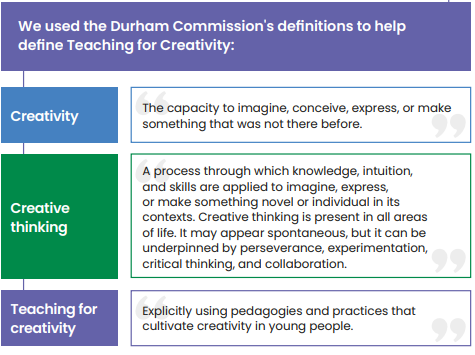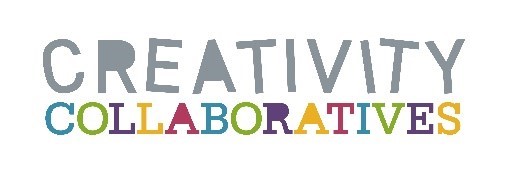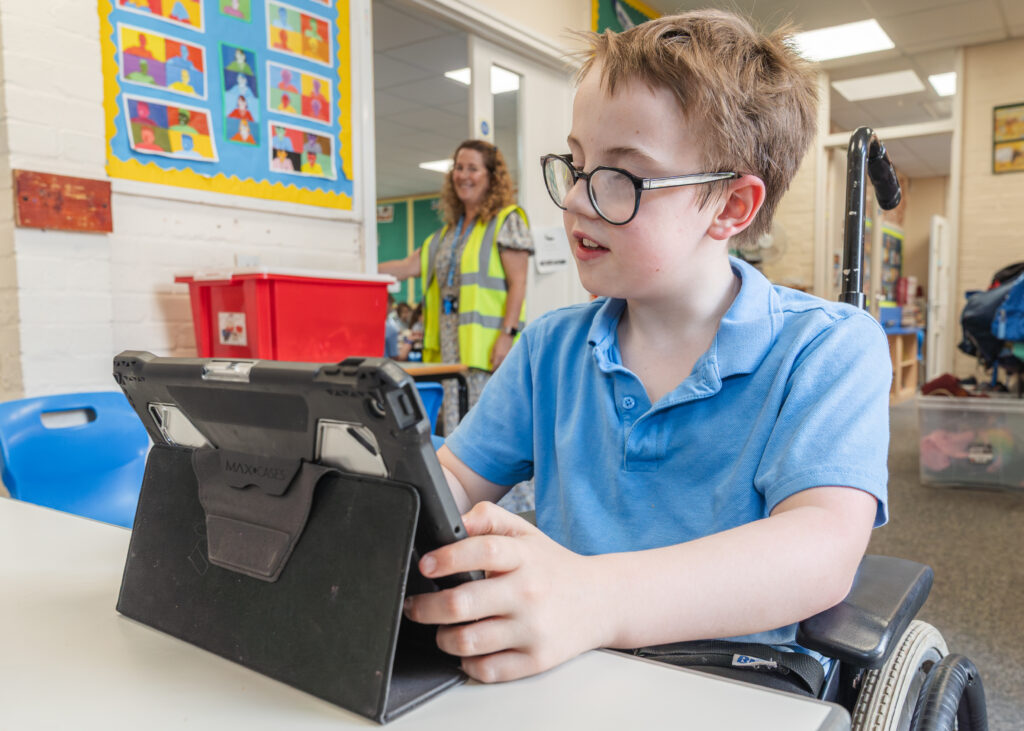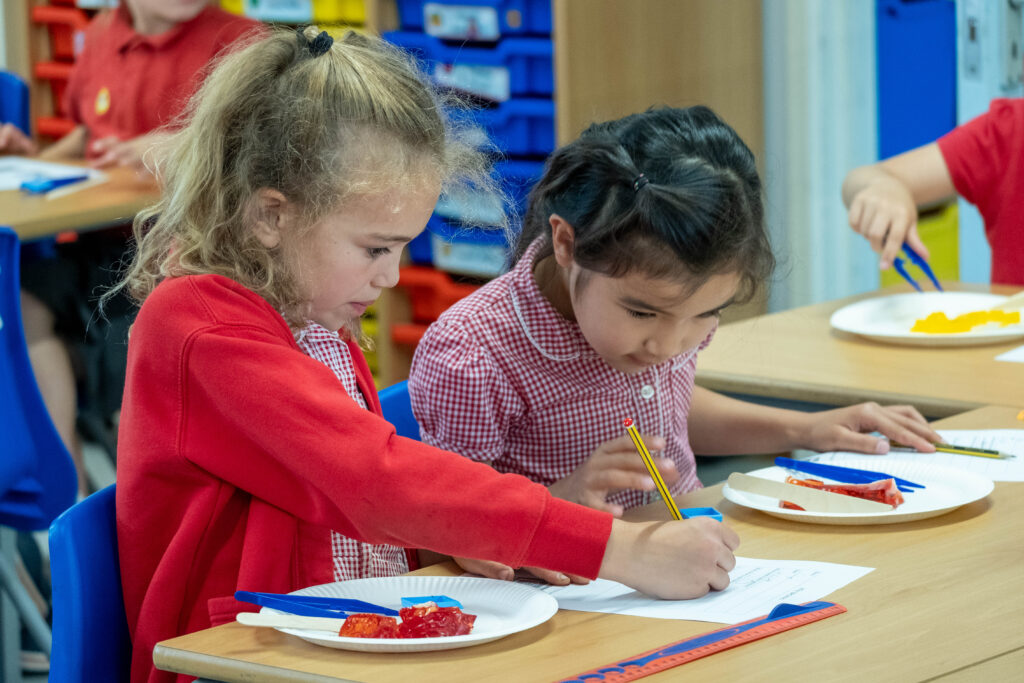Teaching for Creativity Playbook

At Anglian Learning, we strive to cultivate a sense of curiosity and inquisitiveness in our pupils. We seek ways for pupils to apply their knowledge creatively and in different contexts.
The Teaching for Creativity Playbook resource emerges from an ambitious three-year Creativity Collaboratives research initiative, supported by Arts Council England and the Freelands Foundation. Colleagues at Anglian Learning explored how to teach for creativity and the conditions that enable pupils to think creatively.
Throughout the research, our colleagues observed that those pupils who were engaged in this project were notably more open to taking risks, willing to learn from their mistakes, and more deeply reflective about the subject matter. By emphasising application, creation, and inquisitiveness, we found that pupils were able to articulate their thoughts more clearly and demonstrated a deeper awareness of the “why” behind their learning.
Download the full report at the bottom of this page, or explore case studies of the research in action and resources created to help other educators enhance creativity in their classrooms.
| “I like being challenged. It helps you build up confidence… If you just stick with the easy route, you’re not going to learn anything. If you solve it, it’s really rewarding.”
– Secondary school pupil of Anglian Learning |
Definitions of Creativity

In Partnership With



How did pupils benefit?
- Pupils gained more ownership over learning.
- Improved engagement and participation among pupils.
- Pupils demonstrated increased confidence and resilience.
- Pupils developed creative skills such as problem-solving, collaboration, critical thinking, and meta-cognition.
How did Teachers benefit?
- Teachers developed increased knowledge and understanding about creativity.
- Teachers improved and evolved their teaching practice.
- Teachers found more enjoyment in teaching.
- An increase in senior leadership/whole staff investment in creativity
| At the start, 70% of pupils in the research class said they get upset when they find something challenging, whereas at the end of the research project, only 22% said this. |
Pupil Takeaways
Focus groups and questionnaires provided valuable feedback on how pupils, across both primary and secondary schools, developed during the three-year period.
Thinking Hard: autonomy and challenge
Pupils reported that having autonomy in their learning encouraged creative thinking and gave them a strong sense of pride and accomplishment, especially in art projects. Autonomy was most effective when supported by knowledge and skills, enabling pupils to make informed decisions. This positive impact of autonomy was observed across both primary and secondary schools, with early years pupils also showing notable improvements.
Questioning: asking more questions
Throughout the project, pupils have demonstrated that they perceive inquisitiveness and creative thinking as skills and approaches that can be learned, and, further, that they are influenced by their learning environment.
Collaboration: working with peers and teachers
Both primary and secondary pupils reported that collaboration in the classroom – both with peers and with their teacher – helped them to be more inquisitive through wanting to find out more information about the subject.
Modelling: the importance of teacher creativity in the classroom
It was a strong finding from our focus groups with secondary pupils that teachers who modelled inquisitiveness were seen as encouraging more open classroom discussion and as more authentic.

